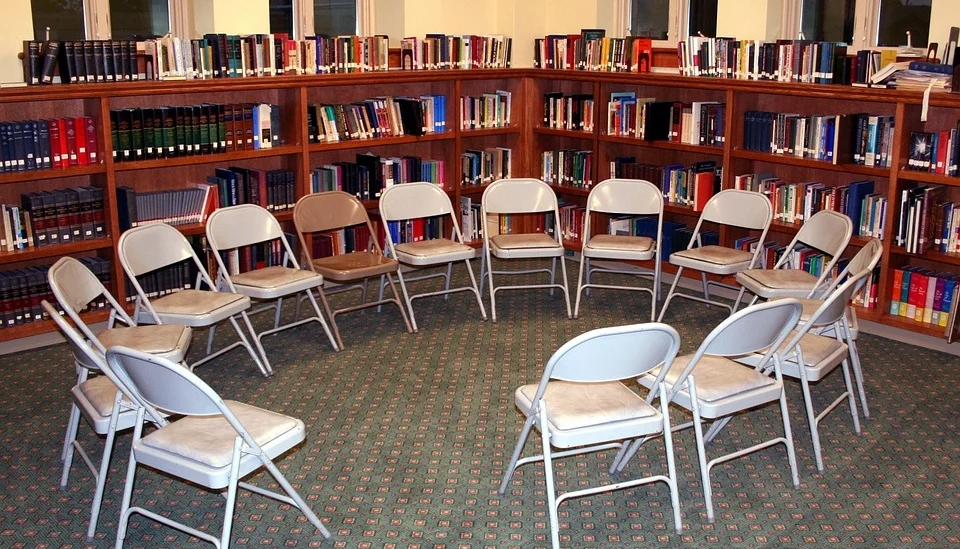Conflicts in important relationships affect health. Astudy shows interesting results.
What is the argument about?
Wiki: "Dispute, also quarrel, quarrel, dispute, discord, strife, stunk, is the open settlement of a difference of opinion between two or more actors, persons, groups or parties (political party, litigation, war party) that is not always obvious and does not necessarily always have to be hostile, but often (in contrast to the more neutral discussion, for example) can be accompanied or carried by emotional elements. "
Cause and trigger
A dispute is often caused by social interactions, where individual or group conflicts of interest collide or rivalries are lived out. The triggers can be important but also totally unimportant. The prerequisite for a dispute must always be that the actors are ready for it.
Have you ever met someone you just can't argue with?
People who are unimpressed by feelings of jealousy, hatred, envy and ambition, who are internally indifferent to them, find it much easier to constructively lead conflicts to a solution.
Imagine a married couple making up their minds to stop arguing !! When hot topics come up, they want to tackle them on a factual level and not let their emotions dominate. What do you think - is this possible?
The culture of debate is a matter of upbringing
Dispute settlement is maintained or developed in many educational institutions such as schools or daycare centers (day-care centers for children). Through practice, children should be enabled to verbally follow disputes in social groups in order to further develop their social skills for dispute resolution (or verbal regulation of disputes).
Arguments and conflicts are seen as normal happenings in a social group or as an event in which several interests compete. It is important to coordinate the conflicting interests peacefully and as productively as possible (for collective interests and not individual interests). A good practise !!
Sometimes it seems sensible to leave the contending parties to their own devices and not use parental dominance. This makes the most sense when the children have already developed a kind of culture of argument.
Rules in schools
The following values are passed on to children in many schools and also in kindergartens:
Physical violence should not be used
Language skills are valued
The sense of community (collective) and self-awareness are promoted
Form a circle in a school class, very quietly; the head of the class has prepared and collected points for discussion. Then it starts! Issues are addressed objectively. Everyone gets the word. Everyone can contribute to a solution. The rules of discussion are known to everyone. You stick to it. Total group experience that is worth gold for later times.
This is how it starts, for example:
In a quiet place starting with a friendly greeting
What happened? Everyone explains their understanding of what they have experienced and describes the facts without evaluating the description of the other side.
Why did something happen? The background to the dispute is being investigated.
What can we do now? After collecting ideas, the best solution is worked out.
Agreement - Sometimes a joint agreement - maybe even signed - is a decision-making act that promotes lasting impact.
Personally, I have often practiced this form of conflict resolution with my primary school students and have found that the children experience this type of conflict resolution as fair. It helps them to understand each other better and also to perceive others and their interests (see empathy in EQ-BLOG).
It is also interesting that over time the children no longer need the authorities (teachers, parents). You know the rules, and everyone accepts them because they make total sense.
When a marriage breaks down
When the joy between married couples runs dry, when words become rare and often become bullets, then - yes, then reflection is the order of the day.
Scientists from the USA have studied these conflict situations. Psychologists from the Universities of Michigan and Nevada have accompanied 373 heterosexual couples for 16 years and repeatedly questioned them about their marriage.
They compared the physical condition of couples who live together harmoniously and couples who are not comfortable with each other and often quarrel.
You can find good reasons for EVERYTHING if you want. Also for efficient problem solving. Those who have analytical skills and the courage to reflect have great advantages. Because this person can recognize their own pride and their blockages and say goodbye to them. Approaching each other for the sake of unconditional love leads to a new high quality level where human dignity is very important.
Where there is pride, there are problems
I like this saying of wise Solomon very much because I believe it is true. Take a look around. Proud people get into an argument faster than humble people.
If we weren't so proud and selfish, most problems could be solved in 5 minutes !!!
I liked this sentence. It shows me that if I want to argue, to provoke a conflict, that the real problem is not with the other person but with me. That made me analyze myself better in moments like this. And indeed. Mostly there were selfish motives in the background that fueled my motivation to fight.
Try to take this sentence with you into your everyday life. I am curious what experiences you will have with it!
Arguing is like drinking
Back to the study - the conclusion: The dissatisfied feel their relationship worries on their own body. Those who argue often release more stress hormones and tend to be sick longer, have more inflammations of all kinds and suffer from fluctuations in appetite. That hits the heart of many people.
Most people know it: Alcohol doesn't really solve problems. Can you have better results with arguing? How about a reconciliation strategy? But without alcohol behind you!
More pronounced symptoms in men
Scientist Rosie Shrout speaks of "very harmful" effects on health, comparable to people who drink or smoke too much.
According to the current study, the symptoms affect both men and women; but with men they are more pronounced. The number of conflicts has a direct impact on his health. In the case of women, however, the frequency of disputes is less important. Maybe that's why women are getting older?
Conclusion
We learn:
First, marriage can become a vicious circle where things can only go downhill. Our ability to deal with conflicts and communicate, which, thanks to our motivation for a happy relationship as a driver, can have a lot of positive effects, namely to transform a vicious circle into a circle of friends, is of great importance.
Second, those who argue a lot get sick just as much as someone who smokes or drinks a lot.
Third, for every “Don't drink so much” your partner at the table, a “Well, true, darling” is the healthiest.
Fourth, don't let your pride rule you. Choose another path, the path of objectivity and charity.
The study thus correlates with other research that has interpreted marriage as a guarantee of health. These older studies state that married people live longer than unmarried, divorced and widowed people.
Now we have just learned: This only applies if a positive culture of debate has developed and togetherness has become a ‘for one another’.
Have fun ‘arguing’ !!!









